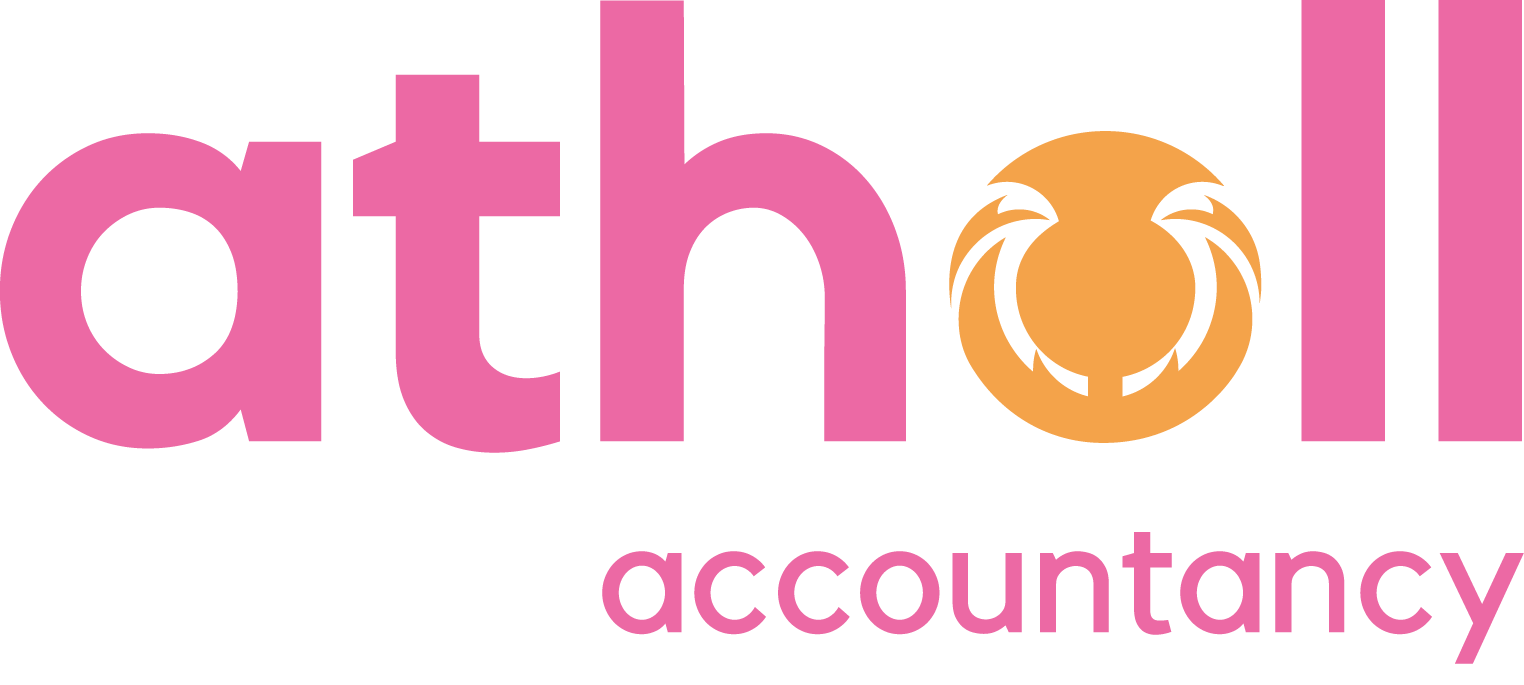Startups need customer payments to survive and grow. But keeping an eye on your accounts receivable can be a time-consuming task, so here are some ways to help........
Running a business is hard enough with just staff management and productivity - and by adding expenses and payments to the mix, a startup owner now has to be an accountant as well! It makes good business sense for owners to monitor how much time they are spending on their business finances each week, and to assess the impact that carrying out financial tasks has on the productivity of their business as a whole. It could mean that they are not carrying out all the core functions, or their business development goals will be getting pushed to the side. Outsourcing financial tasks to an accountant is a smart move that many business owners make, not only because accountants can complete the tasks more quickly and accurately, but they also have a financial expert to guide them every step of the way.
Whether it is the business owner, or the accountant who is doing the financial tracking, this is a vital step in keeping a company afloat. The company depends on the revenue to pay expenses and staff after all. While there are no surefire ways to maintain an error-free log of all payments, there are ways to significantly reduce the risks of bookkeeping errors. These tips will let a company do just that and allow them to spend less time worrying about processing payments and more on charging and delivering.
Tip #1. Figure out payment methods
The best payment methods often depend on the business model. A retail startup may have to accept payments both on-site and online since more people than ever prefer buying via the internet. However, a company that services other businesses or large clients will usually send invoices. Knowing what payment methods and terms are best for the industry also means taking into account the costs of payment processing, which is always platform-dependent.
Tip #2. Separation for success
Most payments are now received digitally, but with so many payment methods, keeping track of the interactions between various clients and recording the type and source of payment received can be difficult. However, you’d better believe that saving a digital copy of the receipts will pay off in the long run. Using accounting software such as Xero or QuickBooks can make this much simpler too.
Additionally, a startup owner should always open a separate business account for the company. It may not be legally required, but keeping track of incoming payments will be much easier when personal expenditures are kept out of the way.
Tip #3. Use accounting software
Some startups can make do with using Excel to track expenses and payments, but it is worthwhile to invest in a dedicated bookkeeping software package that will also support future company growth.
Choosing the correct software is another matter. Cloud-based platforms have become the norm, with a level of ease of use, connectivity and accessibility that trumps traditional systems. They can also make routine tasks like invoicing much more efficient and help cashflow by encouraging quicker payment.
Accounting software will enable payment reminders and statements to be sent automatically at regular intervals, making the payment process and credit control process much more streamlined. Furthermore, a business can decide to allow multiple staff members to access the accounting program.
Tip #4. Hire an accountant or outsource
As mentioned earlier, if all else fails, professional accountants are the way to go.
They are certified and have experience working with companies of various sizes and sectors. An accounting firm will also provide valuable advice on opening accounts and payment tracking, and can also serve as business advisors.
Outsourcing bookkeeping to another entity might not sound like the safest option, but it can be invaluable when it’s time to sort out taxes and financial statements, and it will free up time to focus on growing your business.
Summary
Keeping track of payments as a new business owner might seem impossible, but there are always small steps to getting better at it. In the beginning, all you might need is an Excel sheet and a business bank account. As the business grows, accountants and software solutions will be the way to go.
